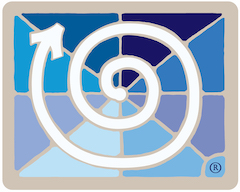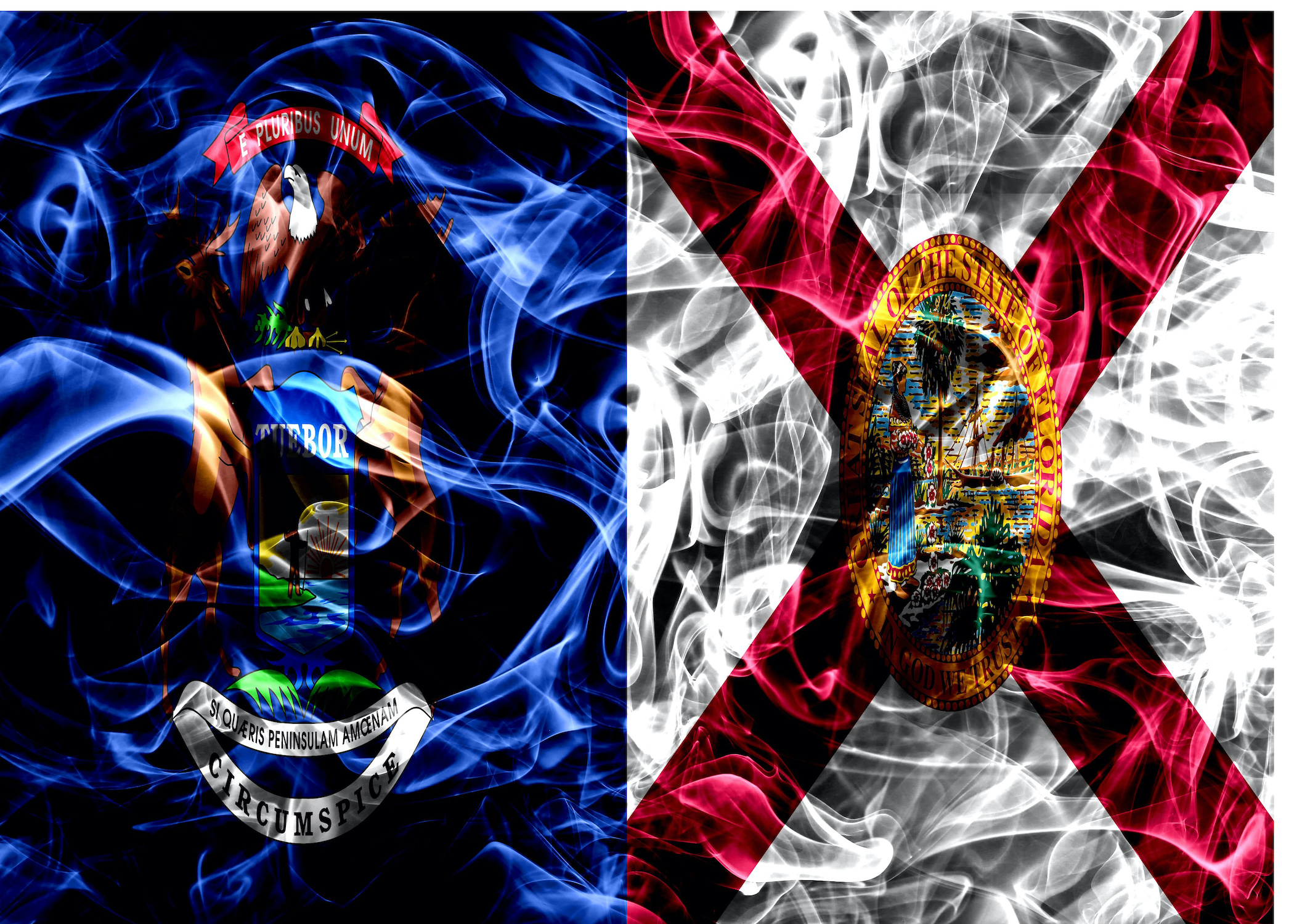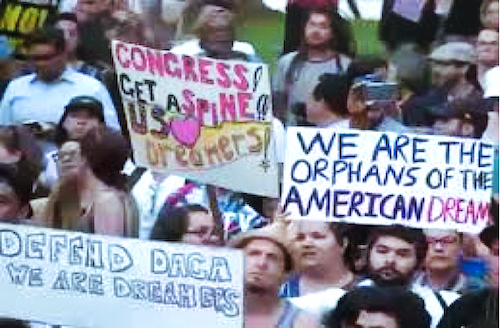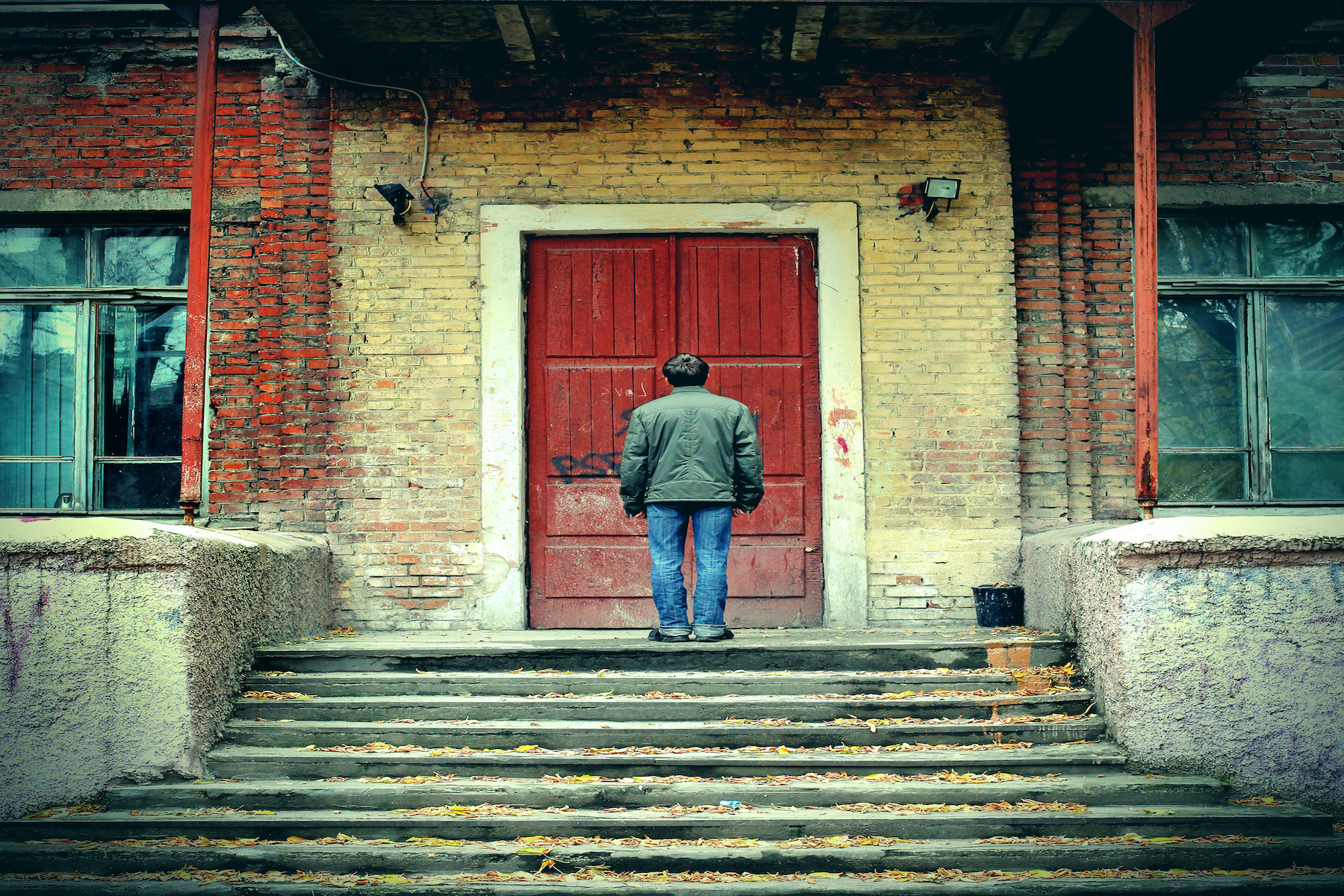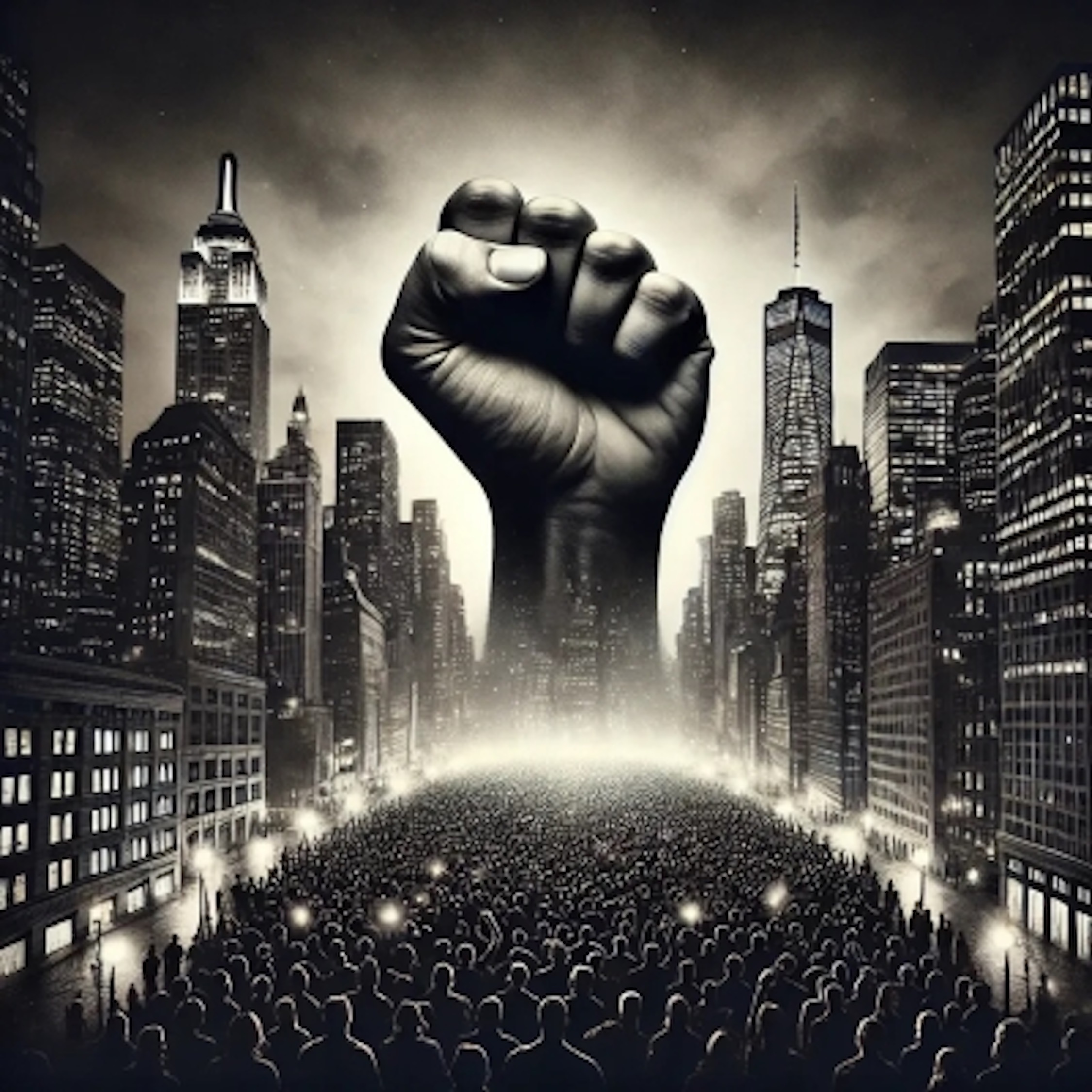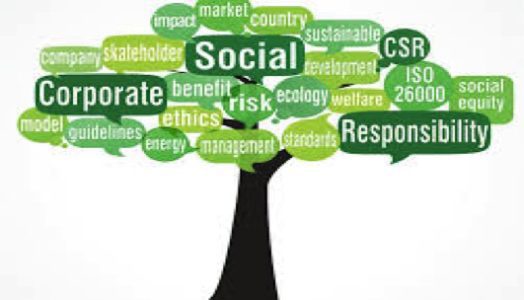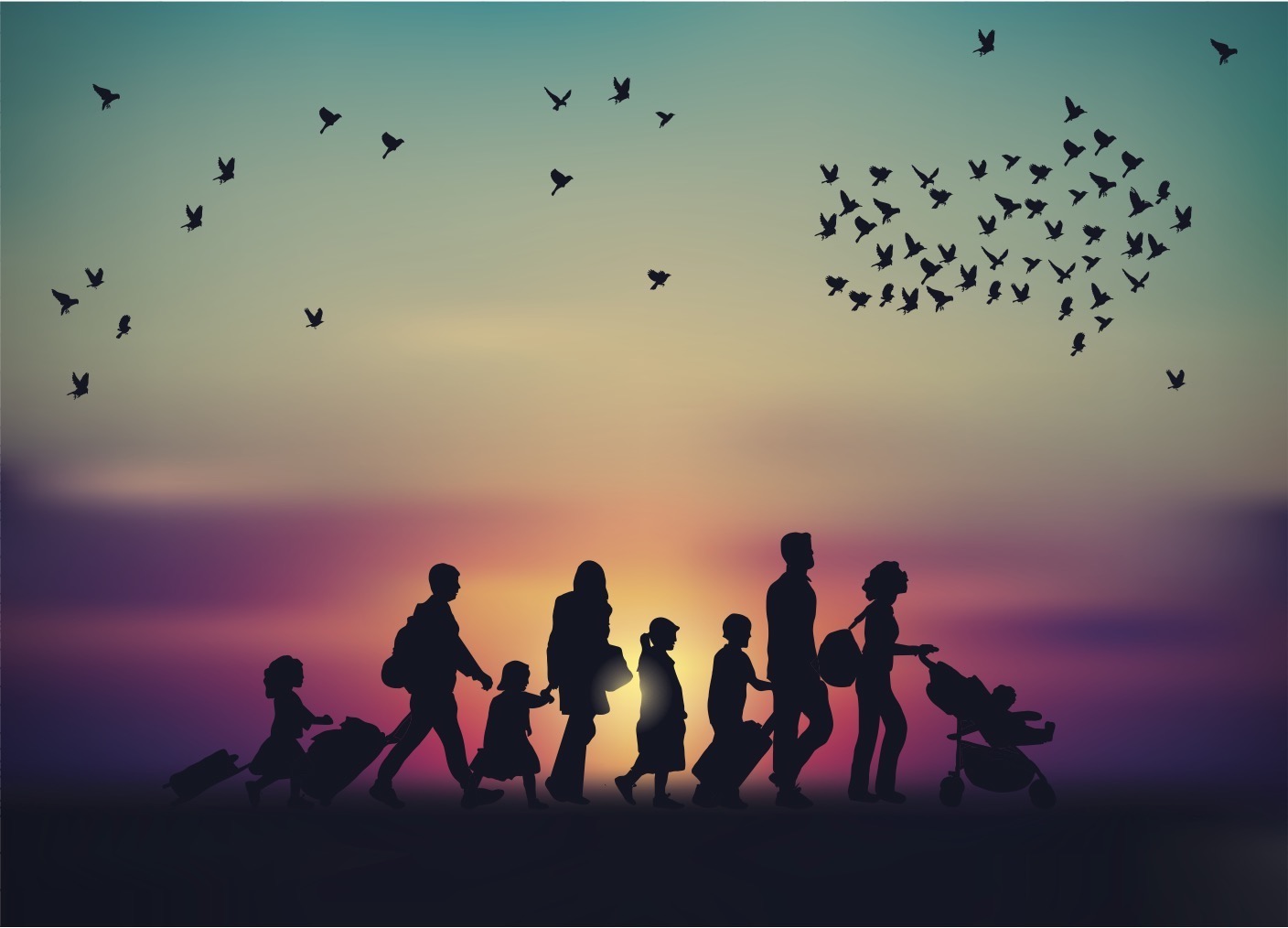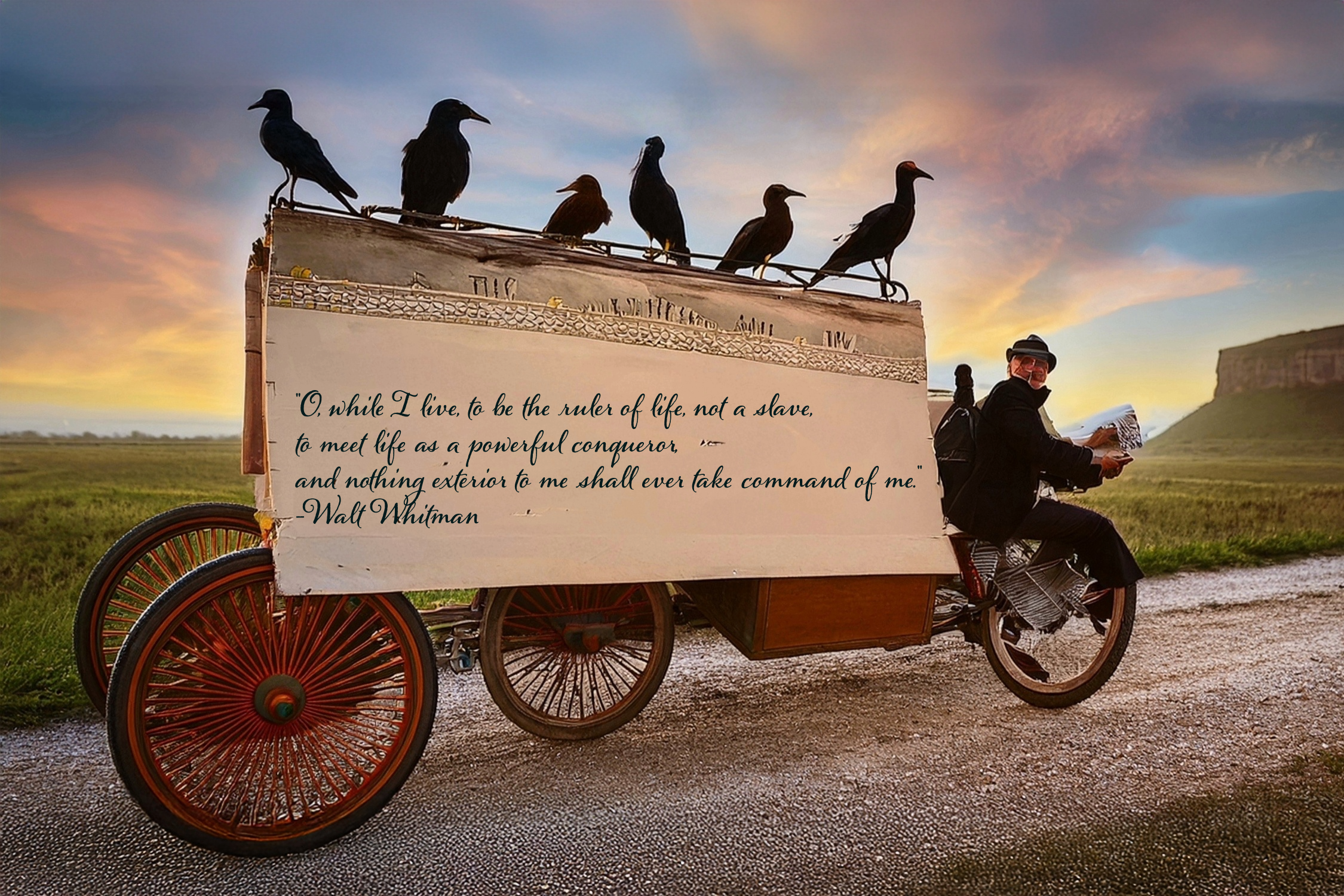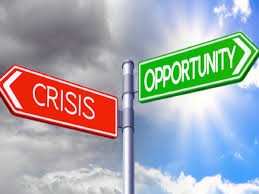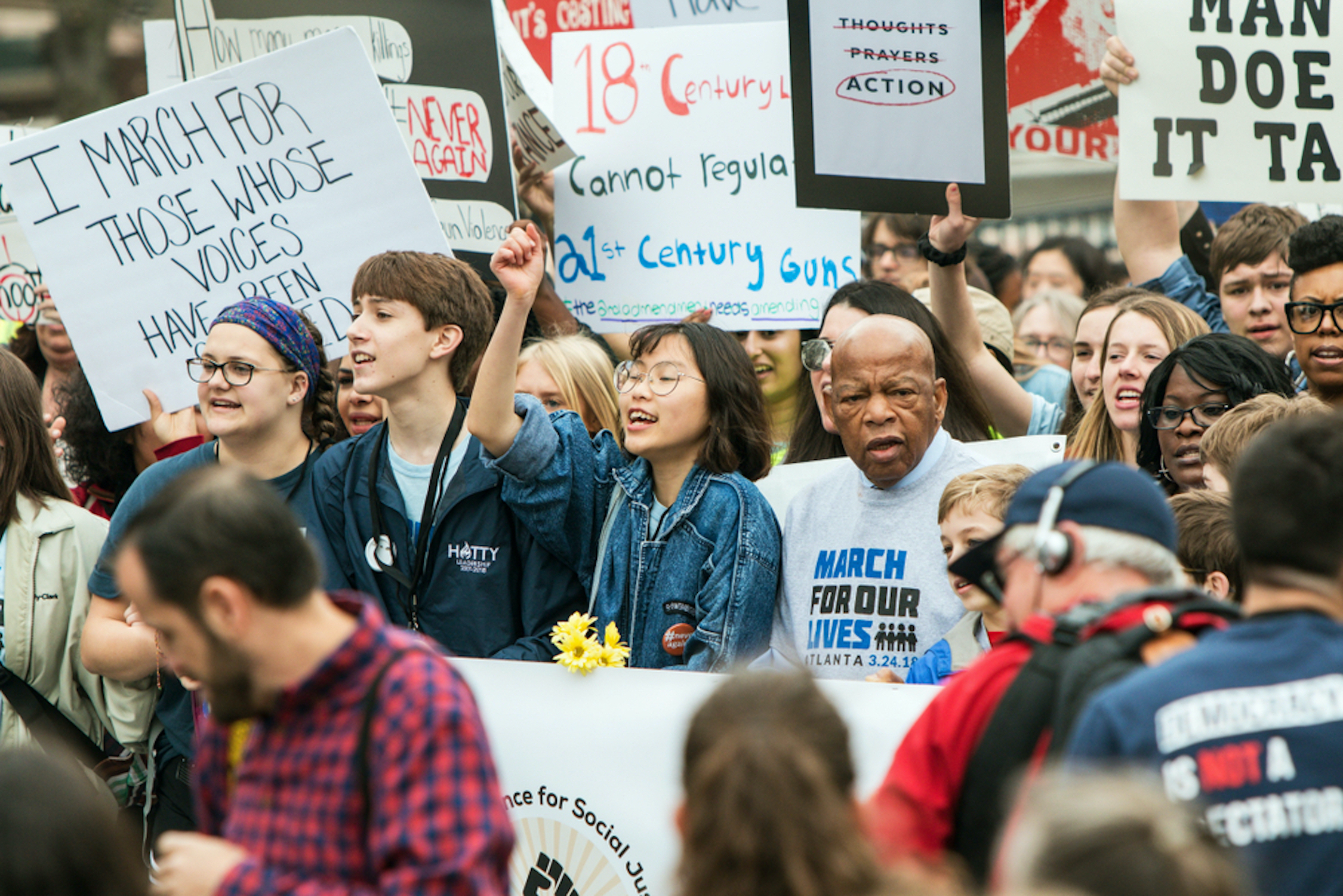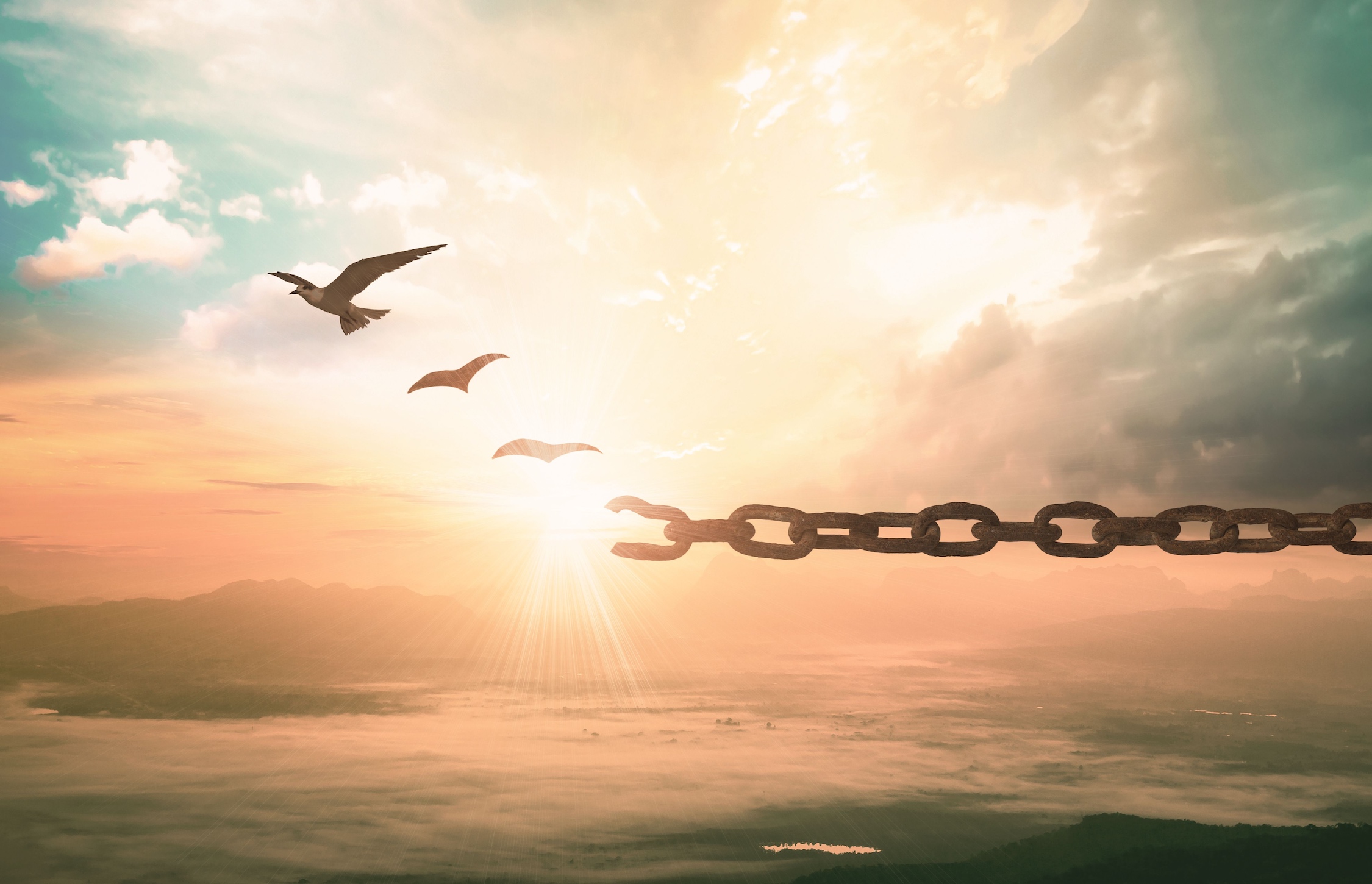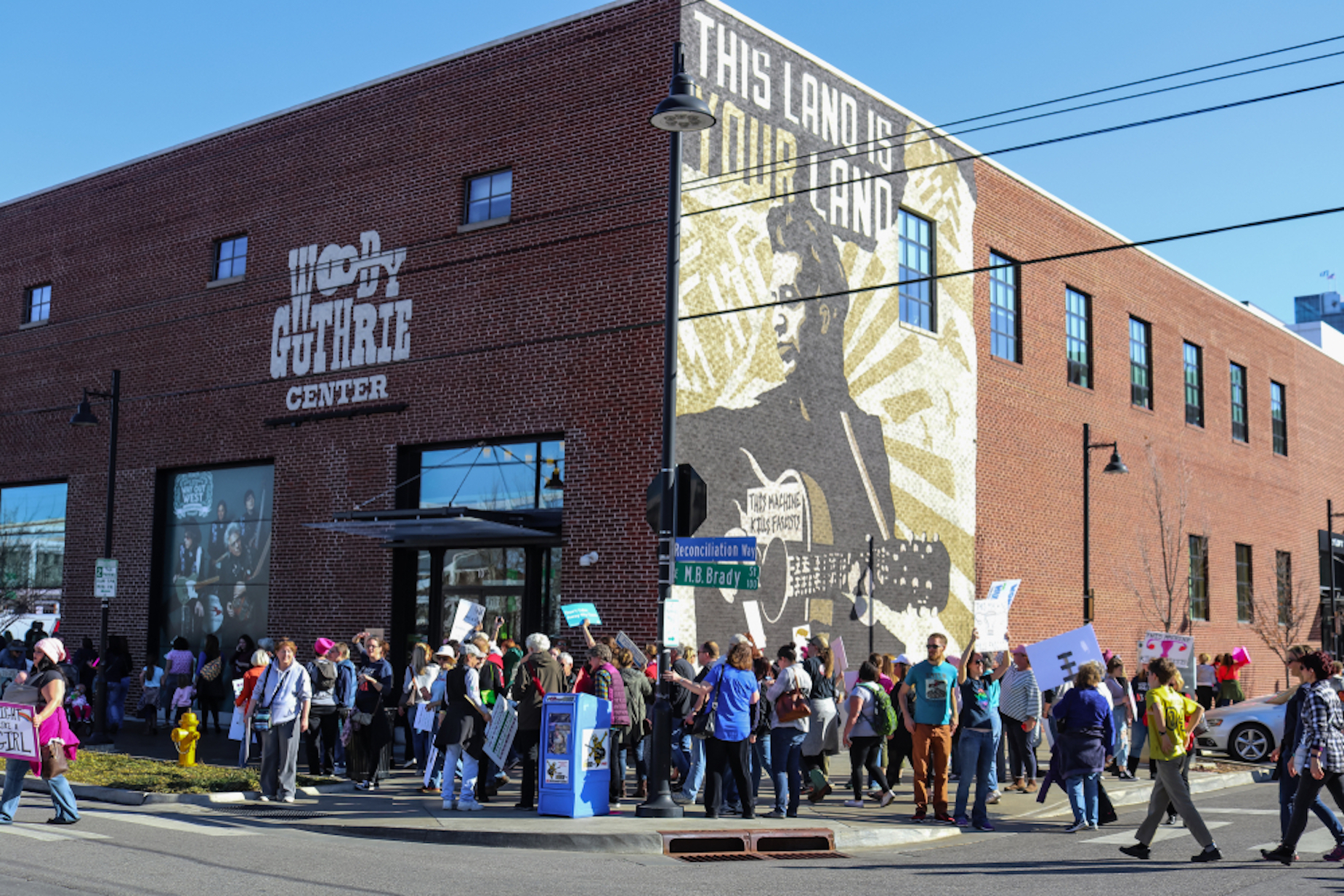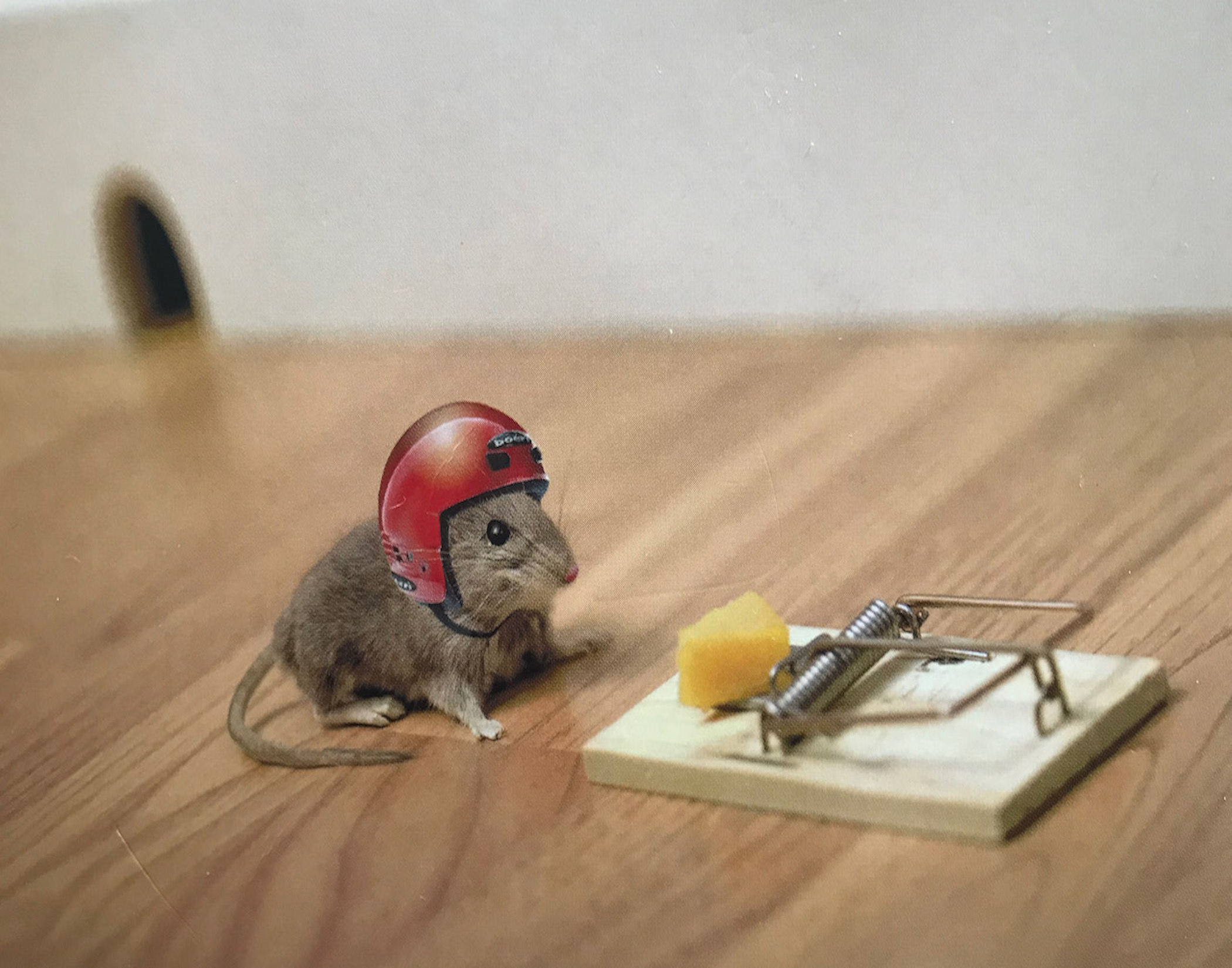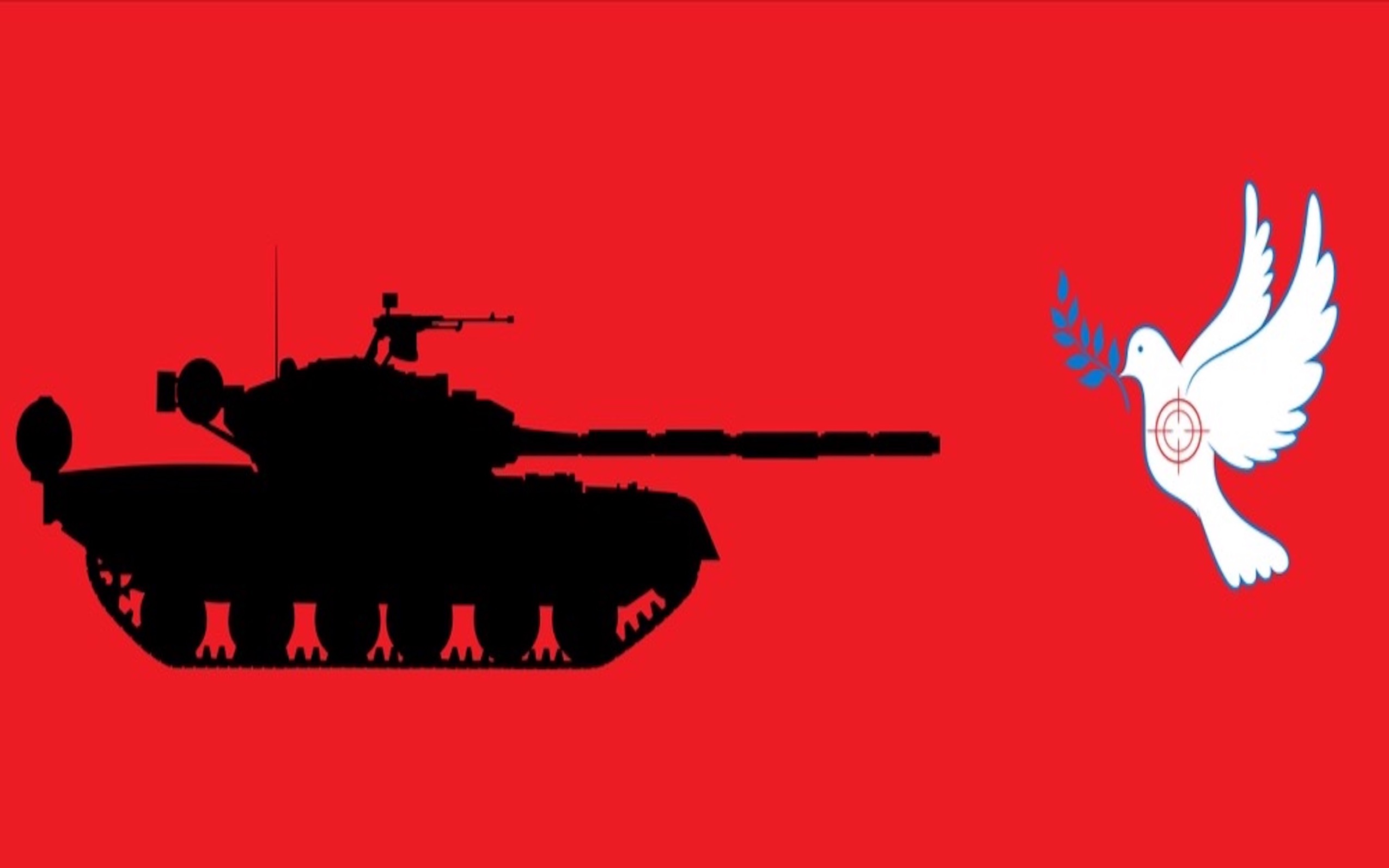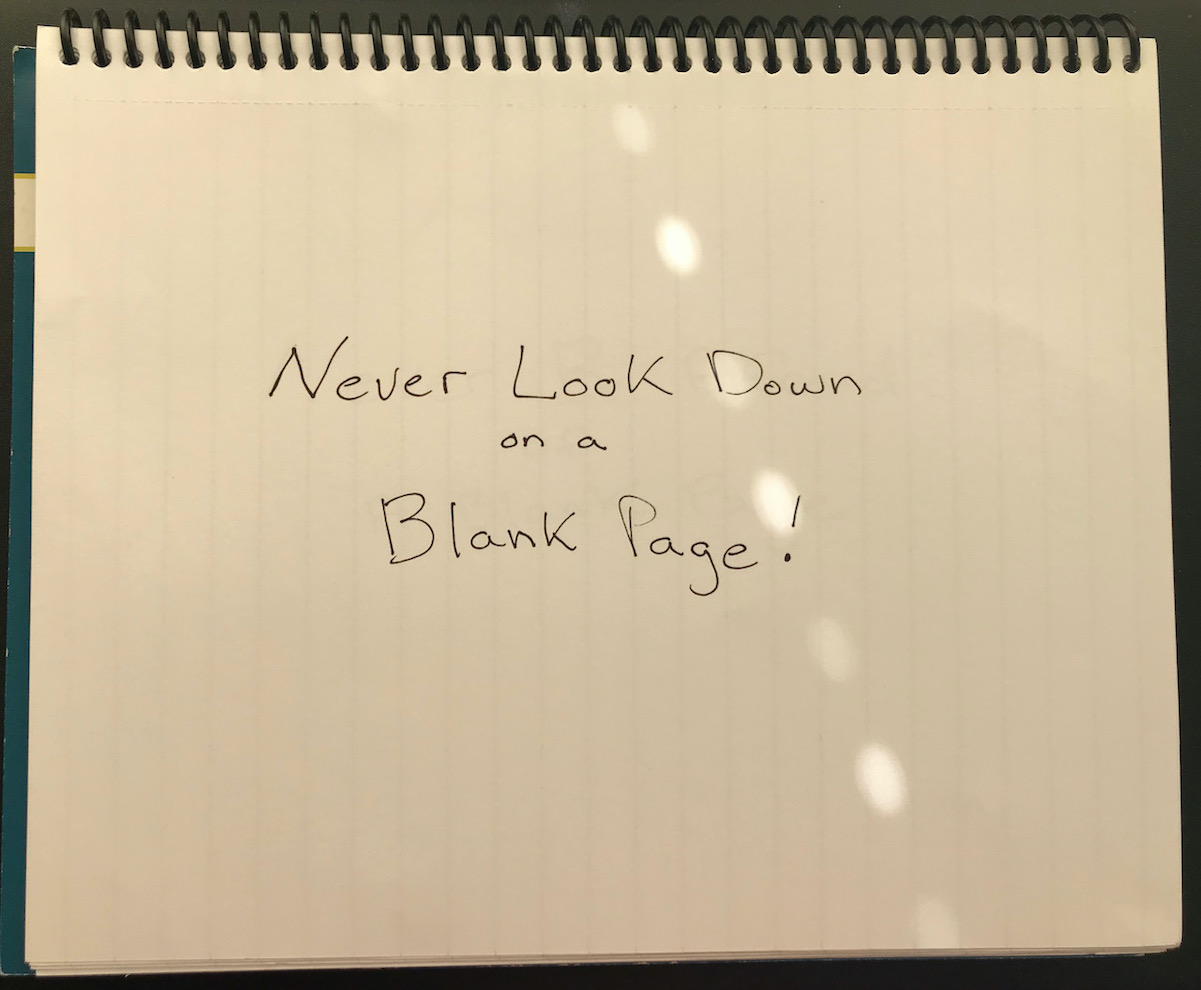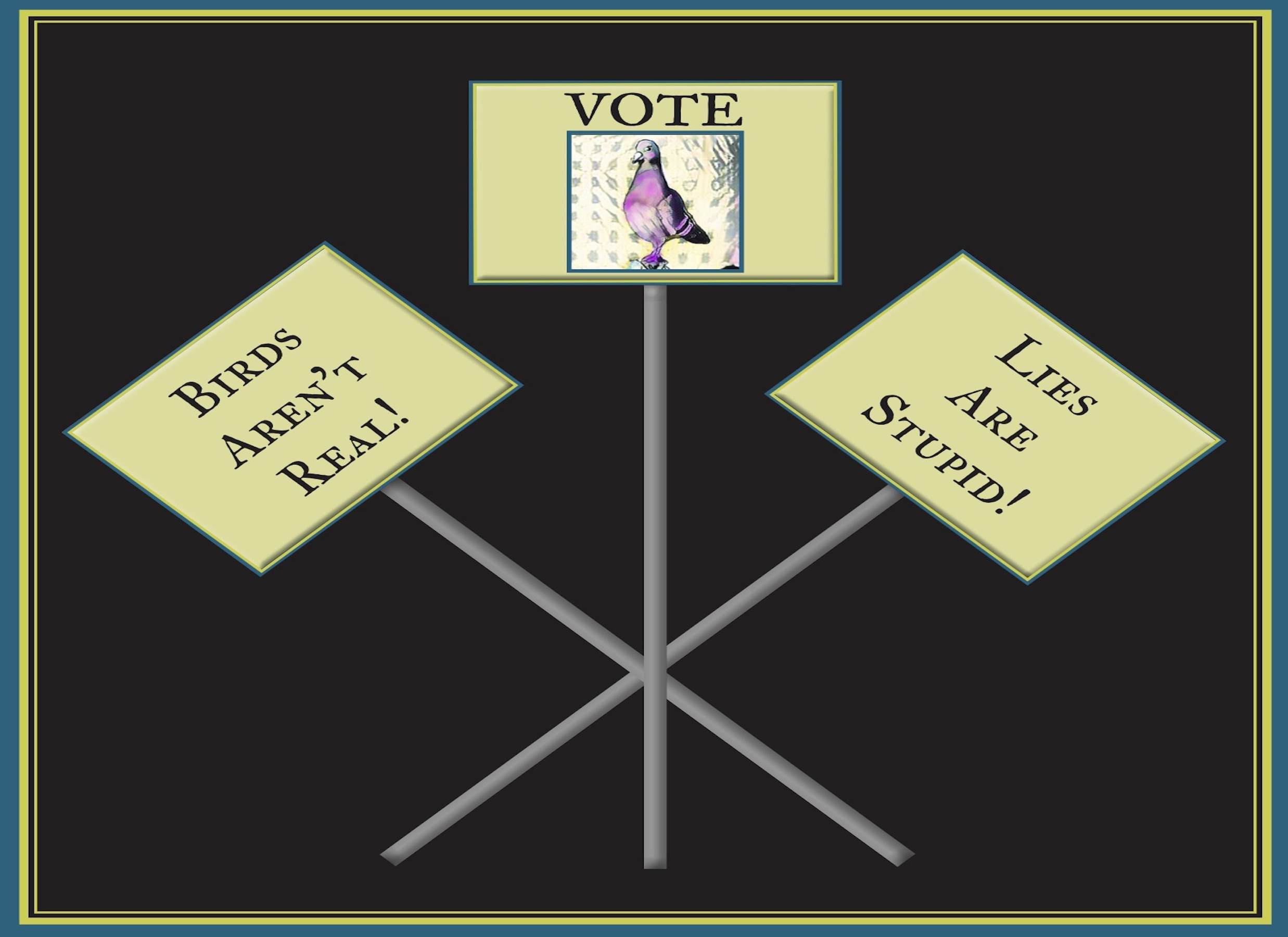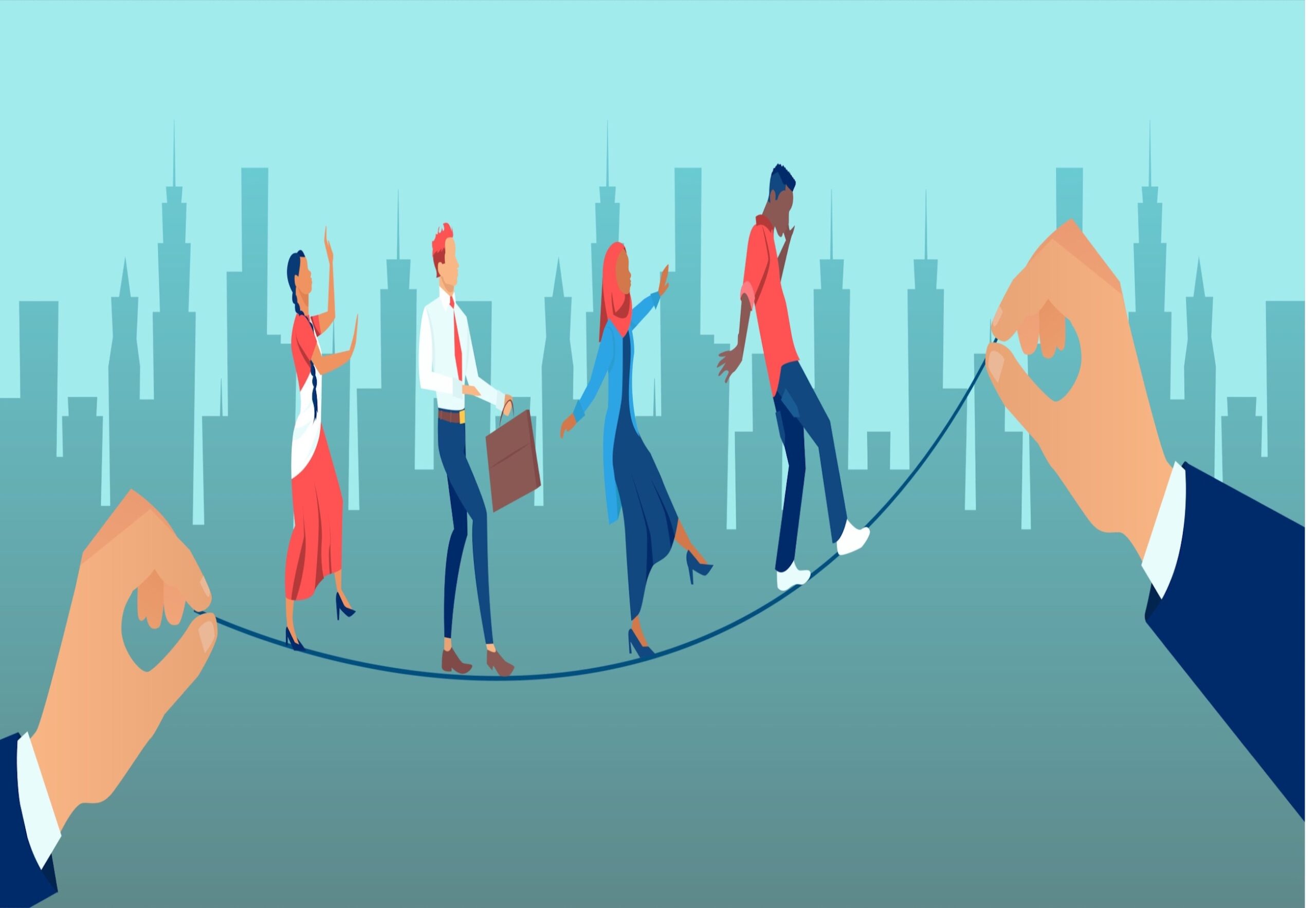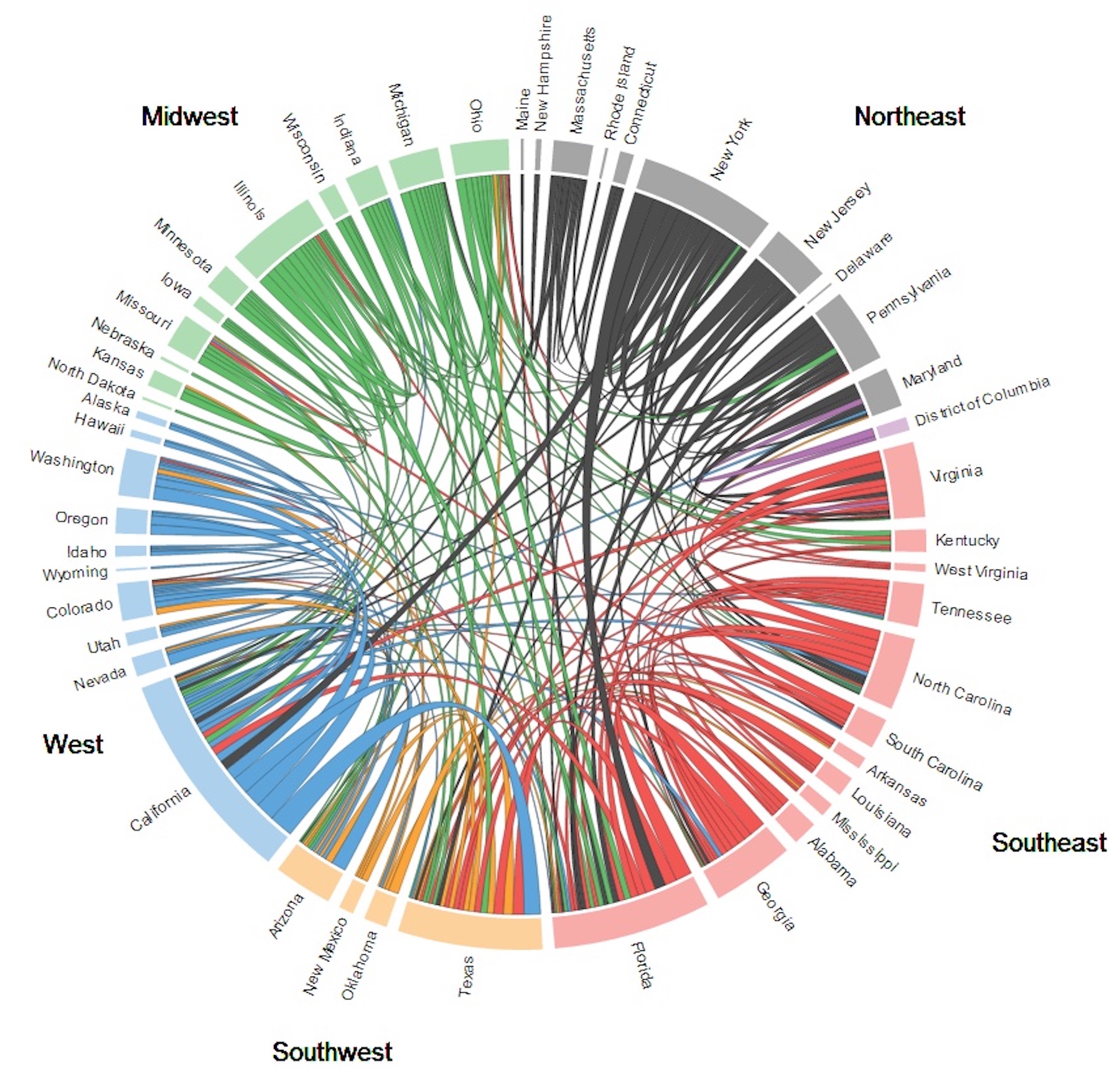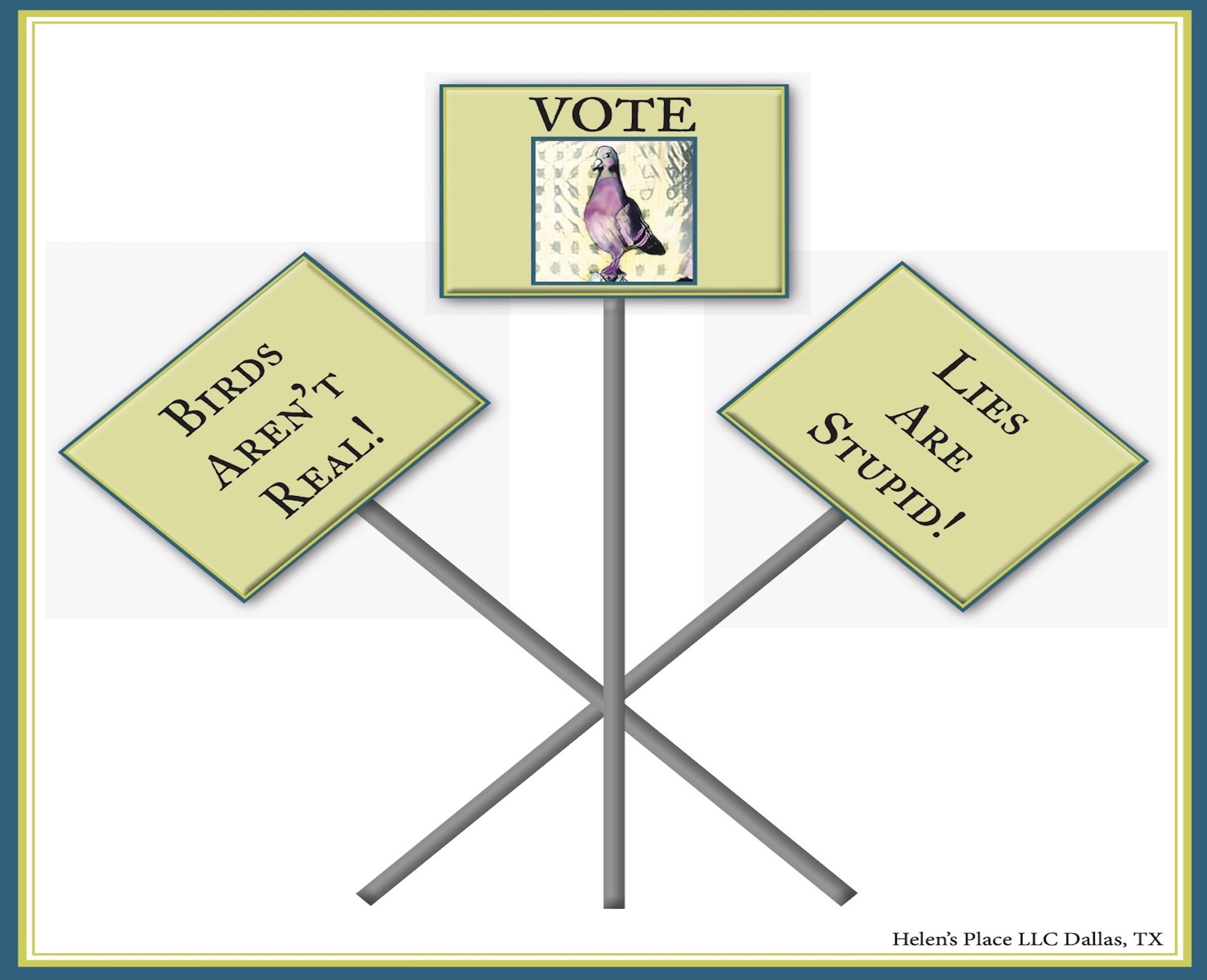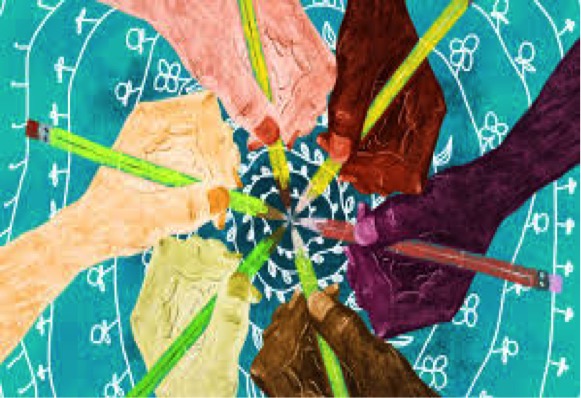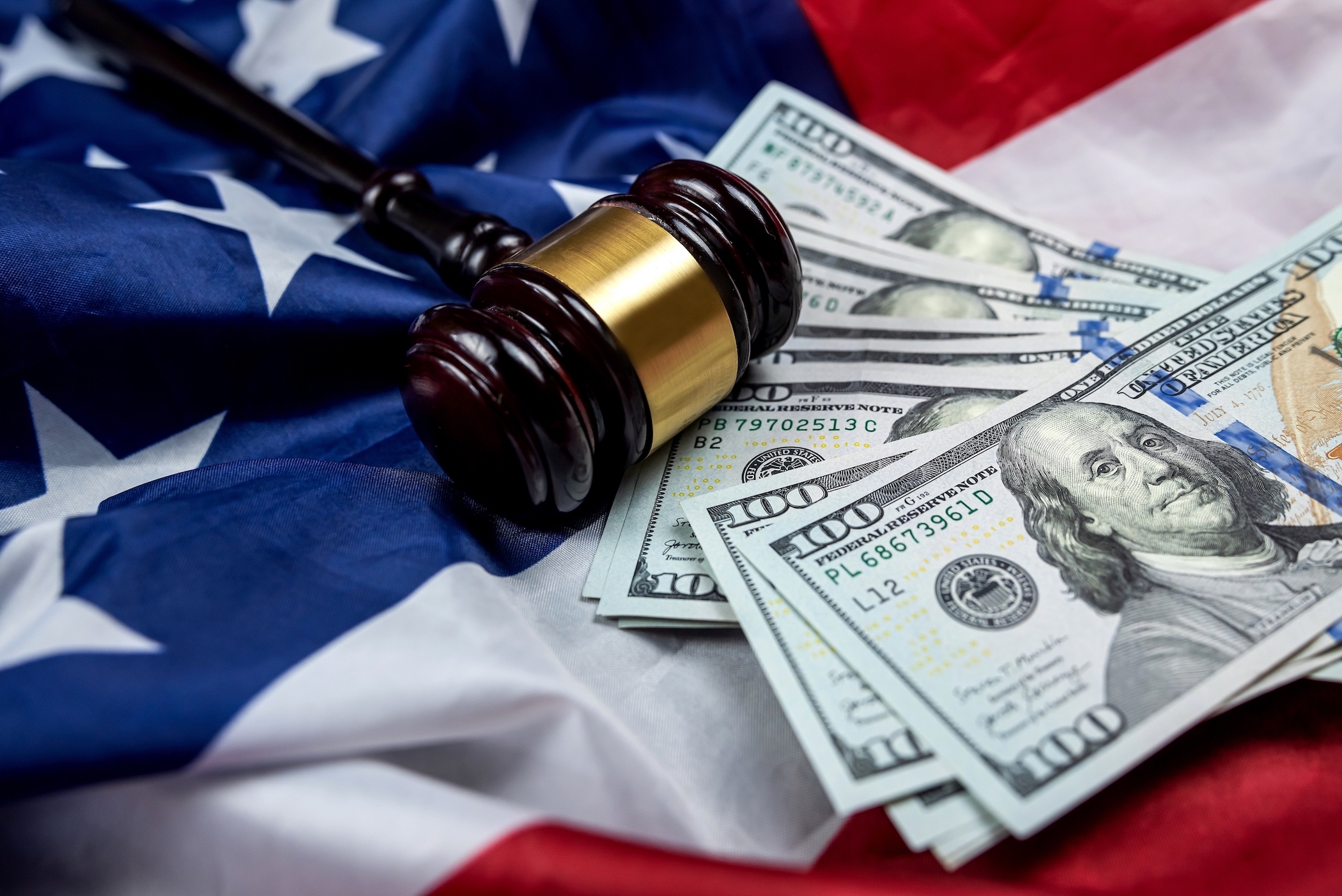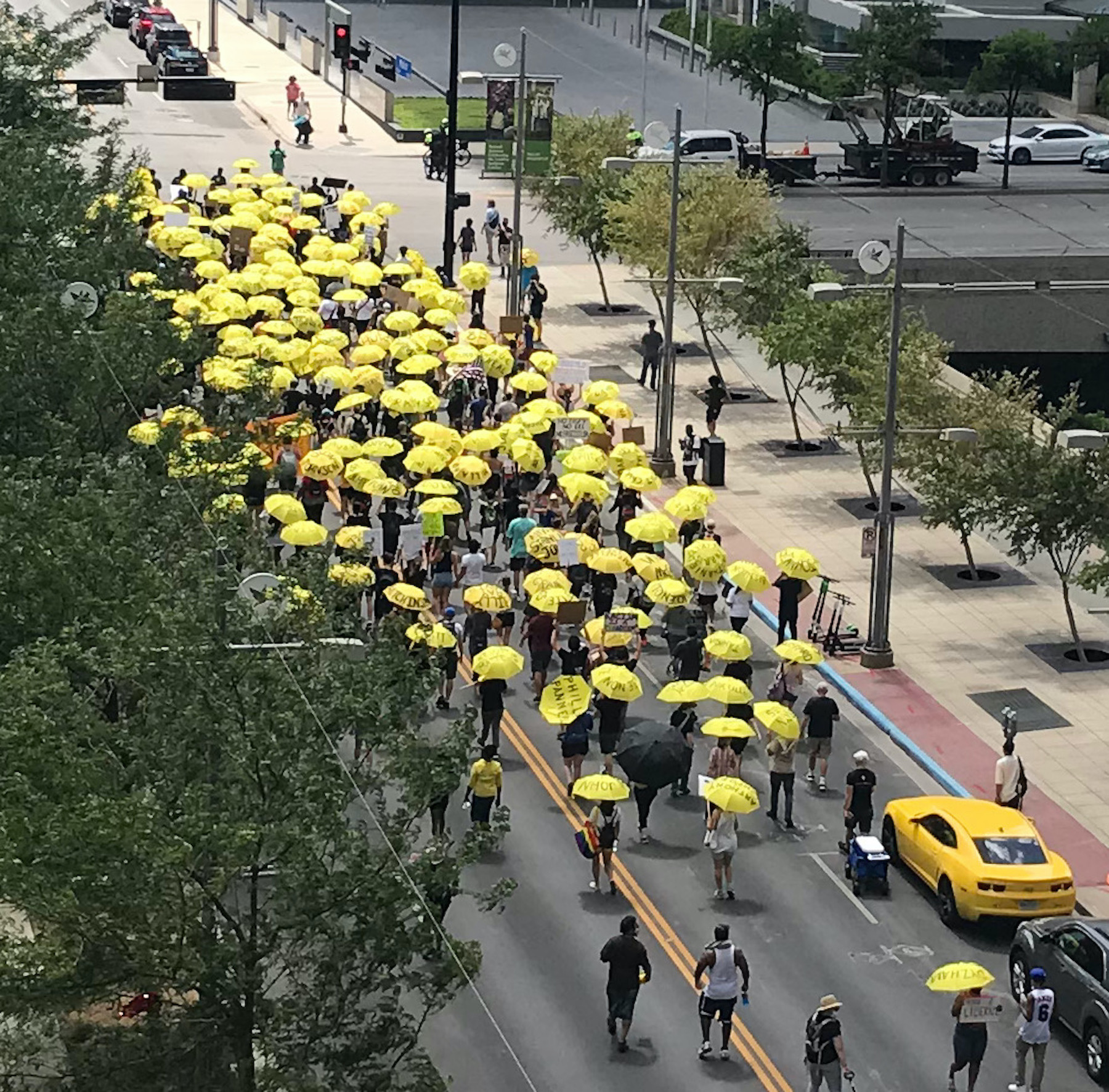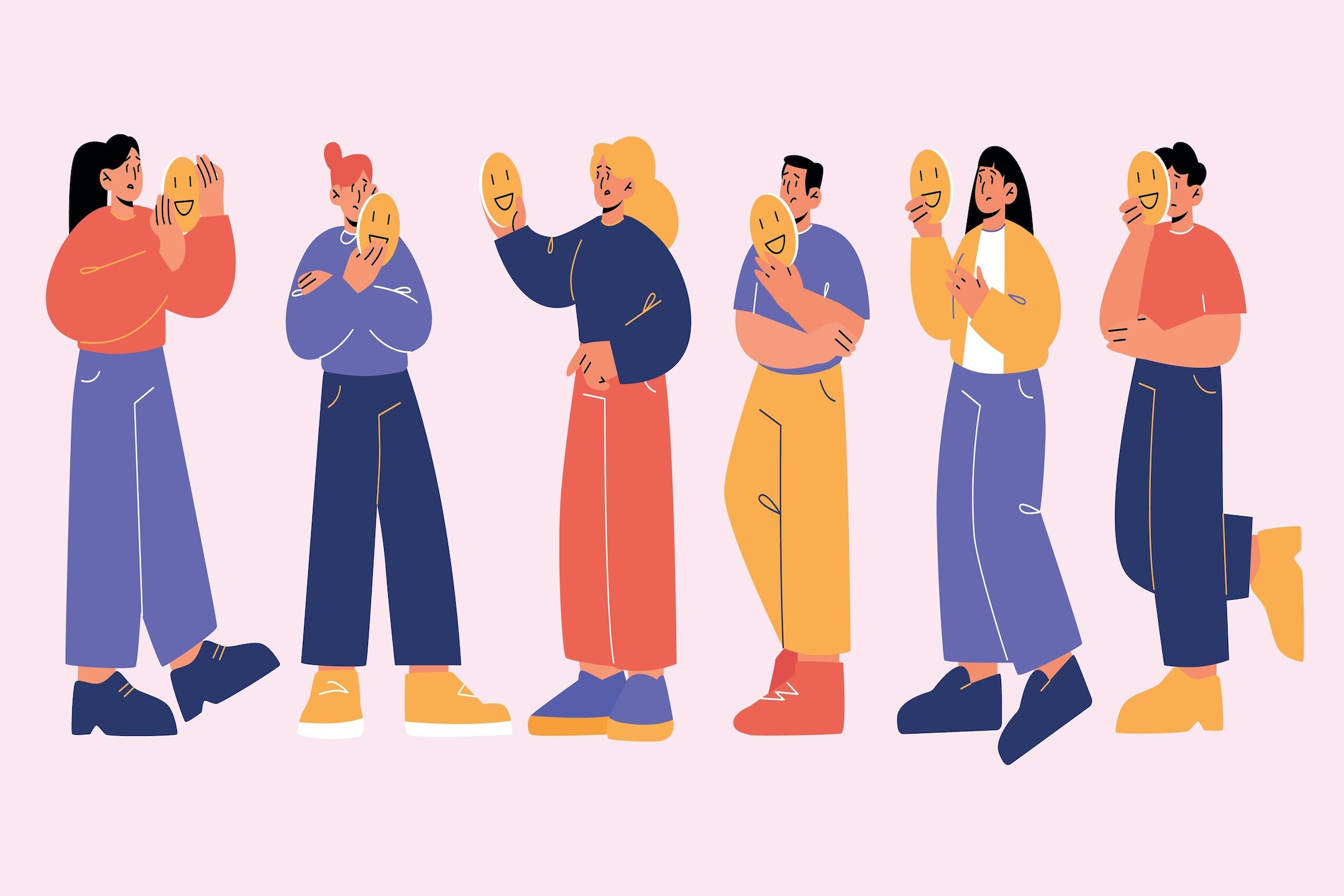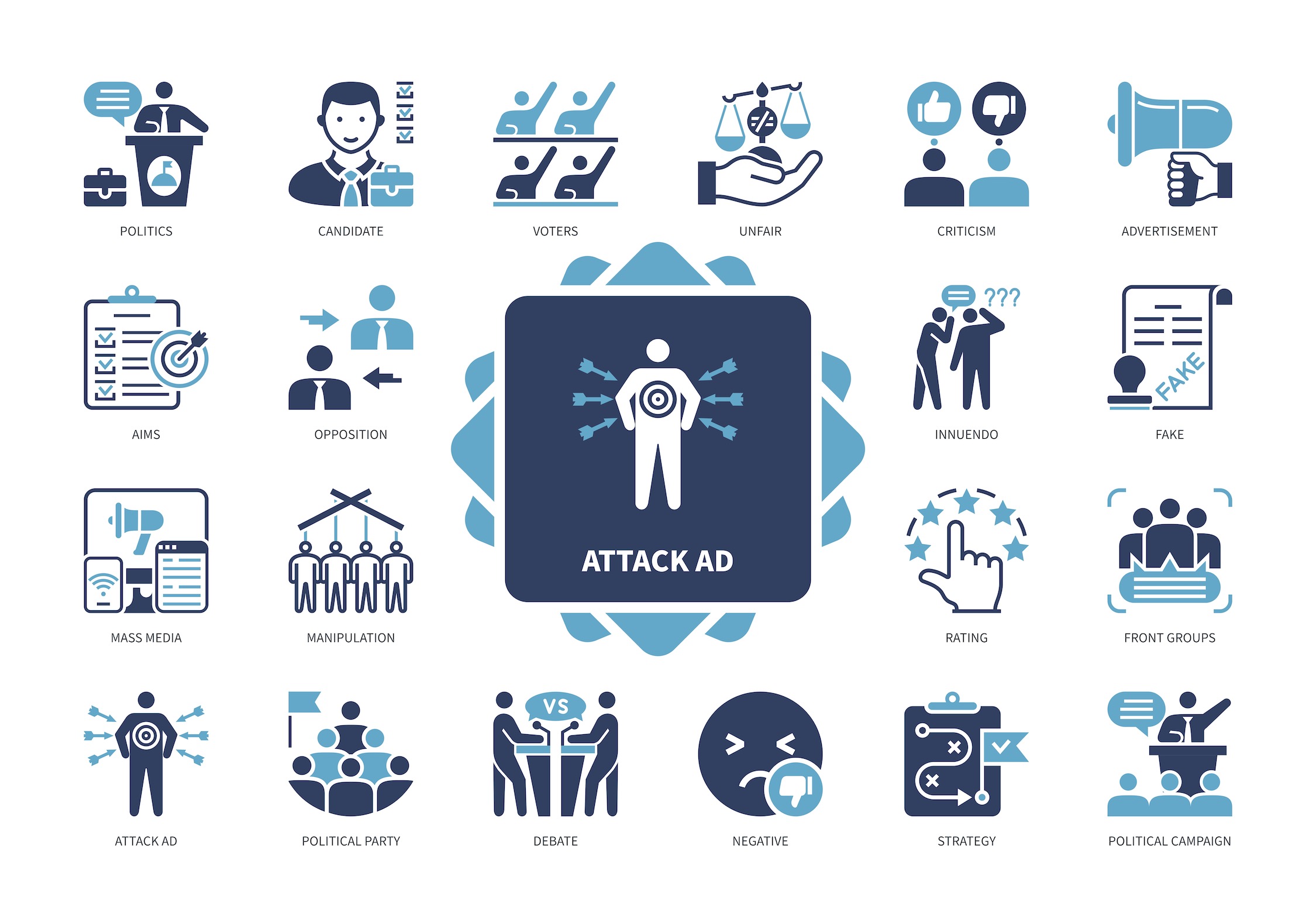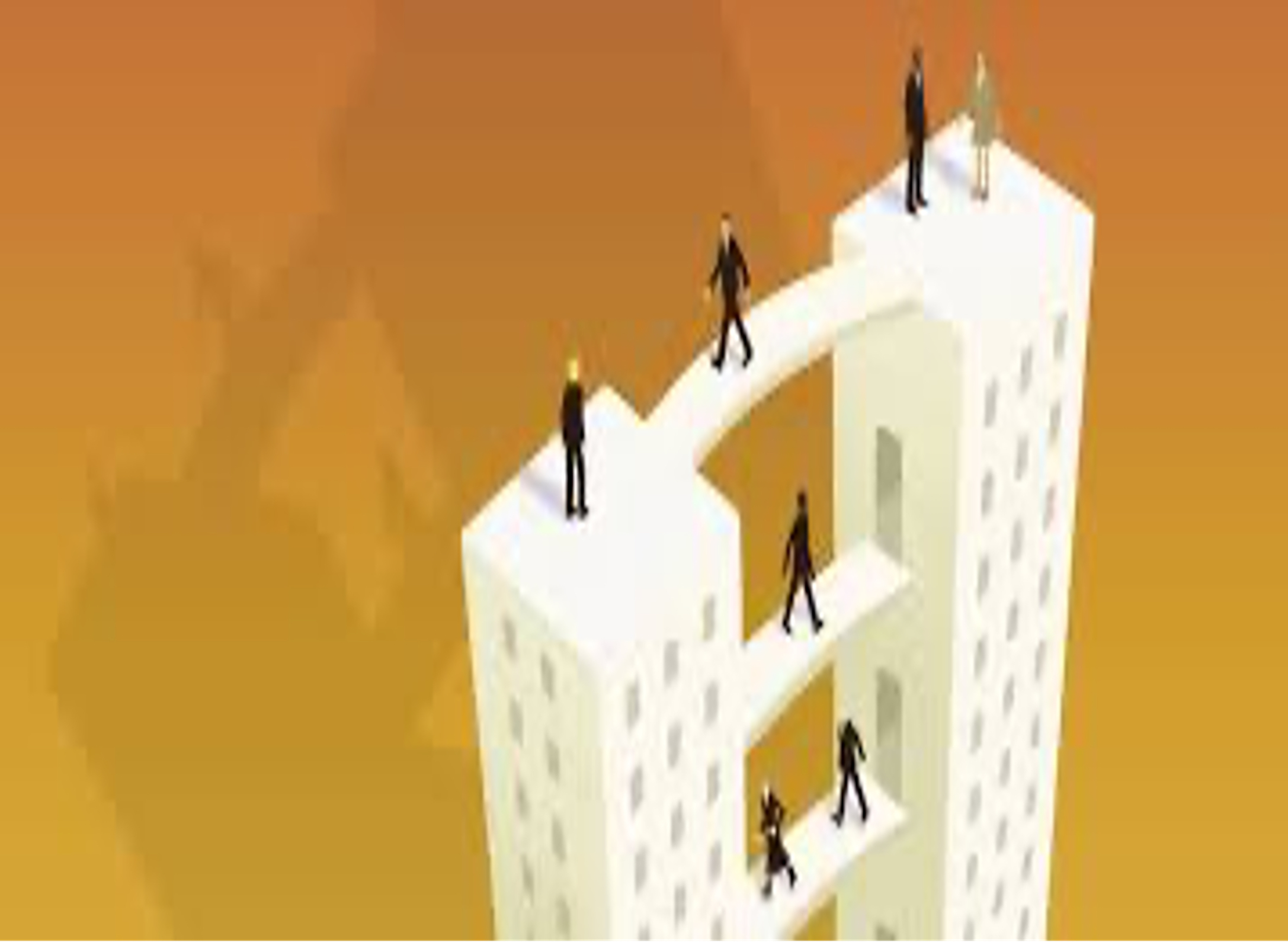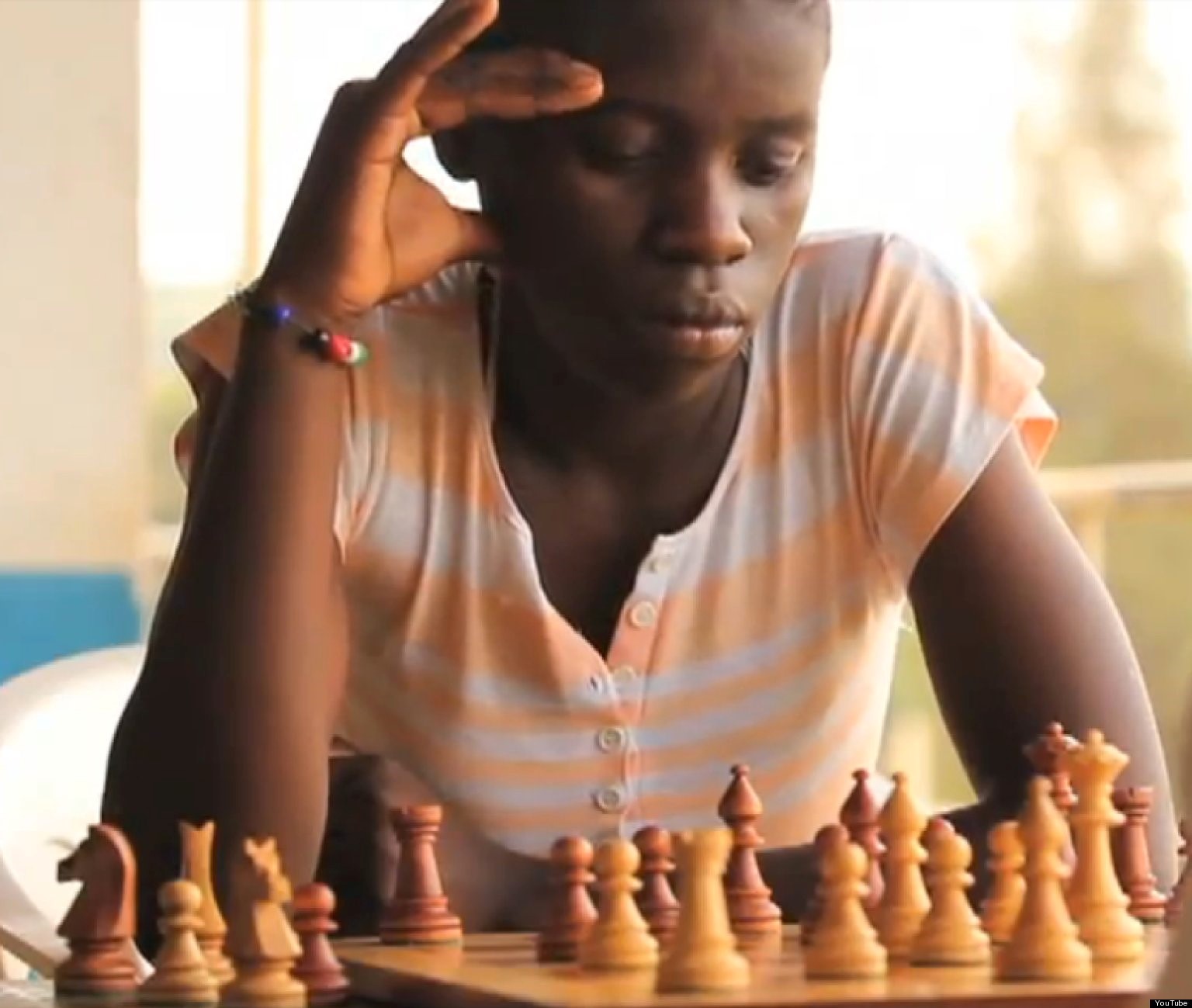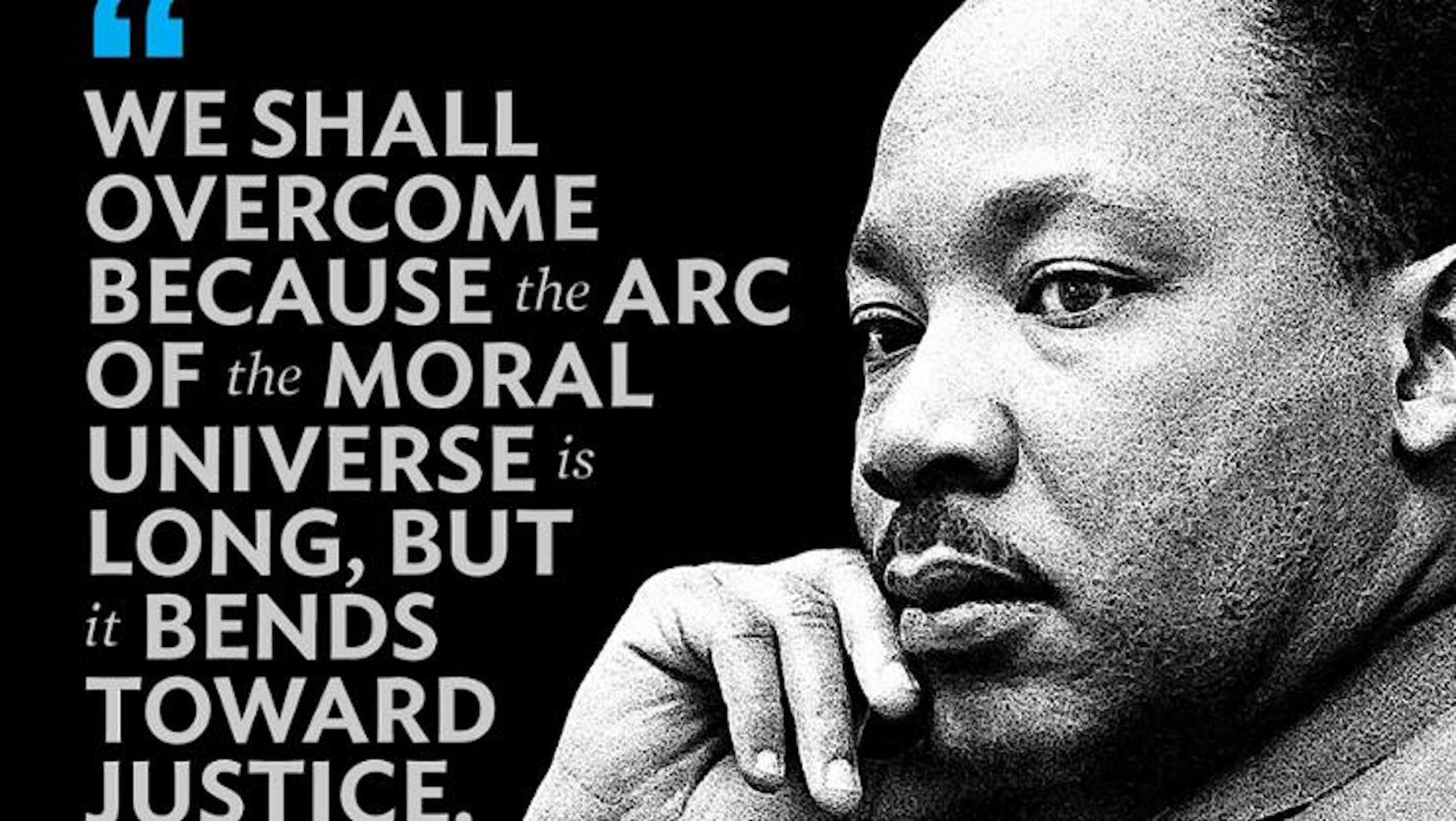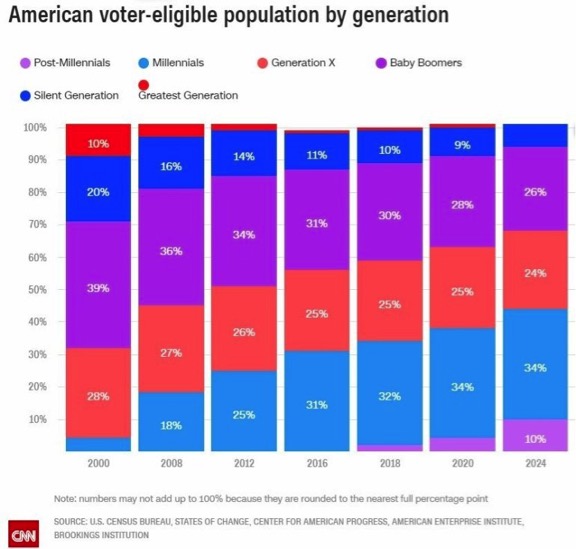- Credits:
- independent.uk.co
Helen’s Place LLC Update: August 1, 2022
This may sound crazy, but in handling day to day grievances and events, it’s better to accept responsibility for everything than to believe you’re a victim. This is because when you accept responsibility you can do something about it;
When you feel like a victim it’s like being pinned under a rock where you’re stuck and powerless.
Take the story of a bus wreck in Tokyo – where a bus driver fell asleep at the wheel and hit a parking booth on the way out of the airport. No one on the bus was hurt because the bus was almost stopped when it hit the booth, but the bus company paid compensation to all the people on the bus anyway.
An American passenger asked the bus official, “So why are you paying me when I wasn’t hurt at all?” to which the bus official replied, “Even though everyone was at fault to some degree or another for being on the bus, we assumed 99.9% of the responsibility, and this is why we paid you the compensation.”
In a similar way, you can begin to assign a percentage of fault to most conflict situations, and decide a course of constructive action.
In cases where you feel pretty sure you’re 100% the victim, you can still accept a miniscule percentage of fault just for being there, and do something proportionate to help the situation — i.e. forgiveness.
This may seem like a foreign idea to wrap your head around, but is an important concept in cognitive science discussions about how to become an emotionally fit person.
Sometimes you hear people console others by saying, “Don’t blame yourself,” or “it’s not your fault,” when it would be more helpful to say, “I’m sorry this happened to you,” or “I’m sorry you received such a bad hand – what can I do to help you now?”
You might just say a healing prayer and light a candle for yourself and/or the destructive person. In better circumstances, you might send a card or call.
You might volunteer to help others in similar circumstances or send money to a charity, in memory of the person or event that hurt you. You might join a protest march or join a cause.
Sometimes, you may decide not see the person again — but you’re able to do so with more detachment, because you accept what happened.
You know that you’re not the judge, so what happens to the person that hurt you is not up to you; You can only do your best to heal yourself.
When you believe and adopt the mindset that the blame game stops with you, you’ll be able to say, “I’m taking responsibility for everything that happens in my life — the good, the bad and the ugly; I’m alive, and I own my life.” Then you’ll maybe able to stop asking, “why did this happen to me?”
Who knows why there’s so much adversity and pain in the world, or why some people experience more of it than others.
Some might call it fate, being in the wrong place at the wrong time, or bad luck, but whatever it is, you can become a more emotionally fit person if you accept what happened and decide a course of action to move forward.
Related audio/video recording:
A short message about what to do when life gives you a bad hand:
YouTube, July 22, 2022, #shorts, “Dealt a bad hand?” This message is for you.
Other related articles you may be interested in:
The Seattle Times, December 28, 2015, “How to Cope When You’ve Been Dealt a Bad Hand:
Helen’s Place LLC, October 27, 2017 “I was looking for a job when I found this one.”
Your comments are greatly appreciated. Send them to Helen’s Place LLC via email to info@helensplacenet.com. We’re always interested in learning more about you and the issues that are important to you.
